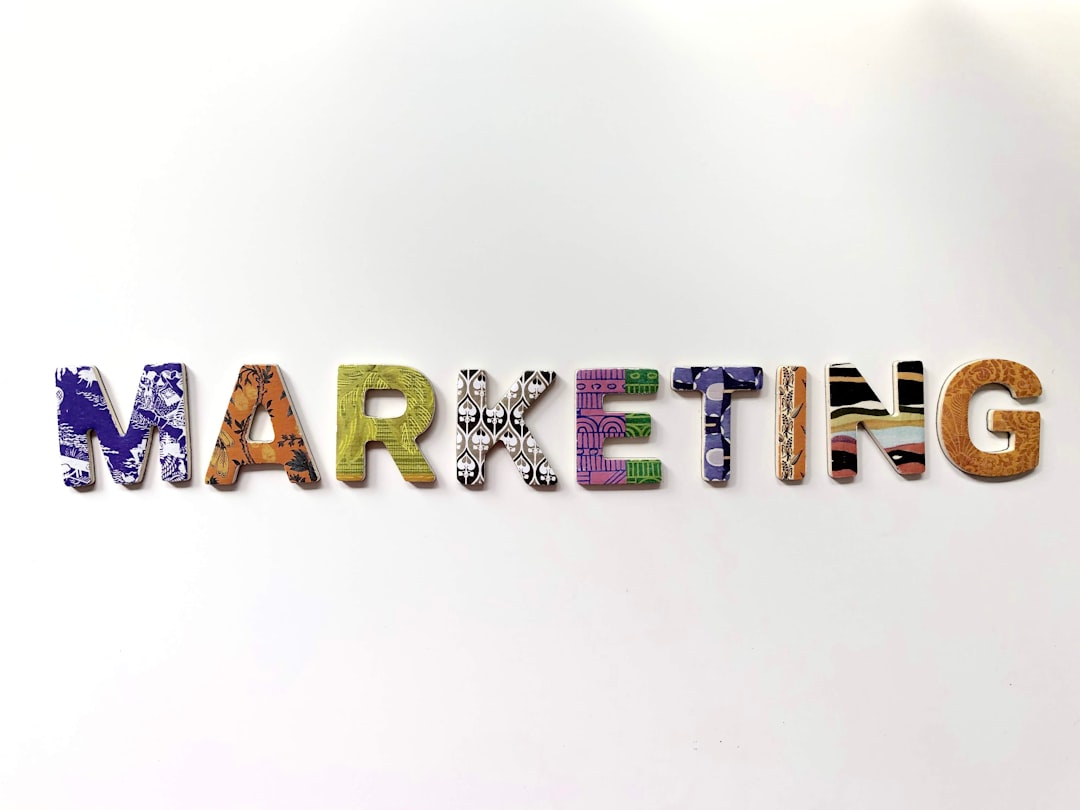No products in the cart.
Harnessing AI for Smarter Marketing Workflows
AI marketing automation is reshaping advertising strategies in 2025. Explore its benefits and future implications for businesses.
San Francisco, USA — In the bustling heart of Silicon Valley, where innovation and technology intertwine, a new wave of marketing transformation is underway. AI marketing automation is not merely a trend; it’s a revolution that is reshaping how businesses engage with their audiences. Companies like Sprout Social are leading the charge, offering tools that streamline workflows and enhance campaigns through intelligent automation.
As organizations grapple with the increasing complexity of digital marketing, the need for efficiency becomes paramount. AI-driven solutions allow marketers to automate repetitive tasks, analyze vast data sets, and personalize customer interactions with unprecedented accuracy. Imagine a marketing team freed from the shackles of mundane tasks, empowered instead to focus on strategy and creativity. This is not just a dream; it’s the reality that AI promises.

According to a recent report by Gartner, 64% of marketing leaders believe that AI will significantly influence their marketing strategies in the next three years. This statistic underscores a broader shift in the industry, where traditional methods are giving way to data-driven decisions and automated processes. In this new landscape, agility and responsiveness are key. Brands must adapt quickly to changing consumer behaviors and market conditions.
Yet, the embrace of AI marketing automation is not without its challenges. For instance, a 2023 survey by HubSpot revealed that 40% of marketers are concerned about the potential loss of the human touch in their campaigns. The fear is that as machines take over more tasks, the authenticity and emotional connections that drive consumer loyalty might erode.
In this new landscape, agility and responsiveness are key.
However, proponents argue that AI can enhance these connections rather than diminish them. By analyzing customer data, AI can help marketers understand preferences and behaviors, enabling them to craft personalized messages that resonate deeply with target audiences. This approach not only improves engagement but also fosters brand loyalty in an era where consumers are bombarded with choices.
Take, for example, the case of a mid-sized e-commerce company that implemented AI marketing automation tools to streamline its email campaigns. By using predictive analytics, the company was able to segment its audience based on purchasing behavior and engagement levels. The result? A 30% increase in open rates and a 20% boost in sales within just three months. Such case studies are becoming increasingly common, showcasing the tangible benefits of AI in real-world scenarios.
Moreover, the rise of AI marketing automation is democratizing access to sophisticated marketing tools. Small businesses, which once felt overwhelmed by the complexities of digital marketing, can now leverage AI solutions tailored to their needs. This shift not only levels the playing field but also encourages entrepreneurial spirit and innovation among younger generations.
Looking ahead, the landscape of marketing will likely continue to evolve as AI technologies advance. According to a 2024 report by McKinsey, the global AI market in marketing is projected to reach $40 billion by 2027. This explosive growth presents an opportunity for marketers to embrace AI not just as a tool but as a partner in their creative endeavors.
This explosive growth presents an opportunity for marketers to embrace AI not just as a tool but as a partner in their creative endeavors.
In conclusion, as businesses navigate the intricate dance of customer engagement, those who harness the power of AI marketing automation will find themselves at a significant advantage. The challenge lies not in replacing human ingenuity but in augmenting it. As we move forward into this new era, the key will be to strike a balance between technology and the human touch, ensuring that marketing remains not just efficient but also authentically connected to the hearts of consumers.











